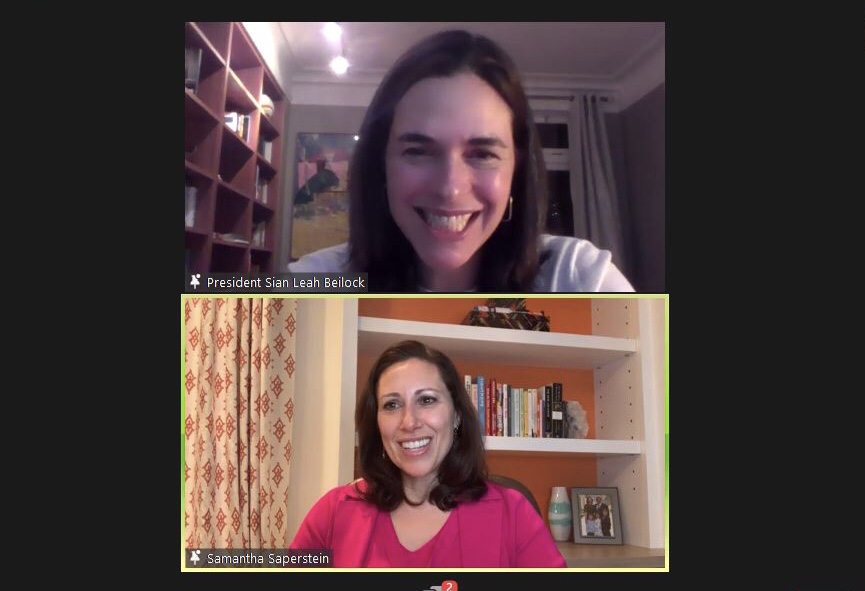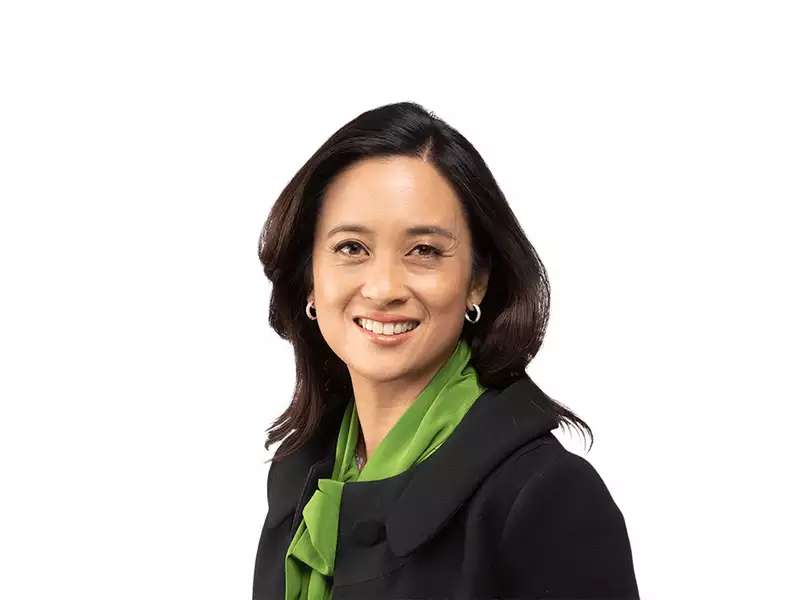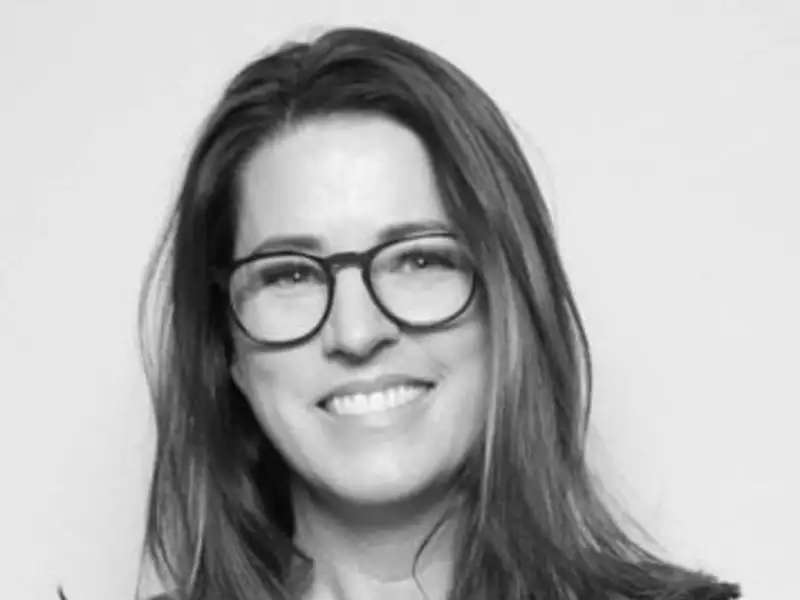The Barnard community has a new campus destination: the Francine A. LeFrak Foundation Center for Well-Being. Soon to be located in Barnard Hall, with construction commencing next year, it is a centralized hub for the College's many wellness initiatives and is focused on three key pillars: physical, mental, and financial well-being.
In a recent online event, held in collaboration with Beyond Barnard, the College reaffirmed its commitment to financially empowering women. The event, held on November 4 as part of the Insights: Powered by Barnard series, featured a conversation between Barnard President Sian Leah Beilock and Samantha Saperstein, head of Women on the Move at JPMorgan Chase. Together, they discussed financial literacy for women, how Women on the Move measures success, and why it’s essential to create — and share — one’s own professional narrative.
Women on the Move, which Saperstein helped launch in 2018, educates female consumers and empowers female business owners, as well as the bank’s female employees. It is one of JPMorgan’s seven centers of excellence, housed under its diversity, equity, and inclusion group. The initiative supports women in raising money for their businesses, as well as offering advisory services. It also helps people gain greater financial literacy in their day-to-day lives. “How many women do we reach with our content? How much money did they save? We look at these [and other metrics] to see how much of the needle we can move,” said Saperstein about the goals for Women on the Move.
Moving the needle has been a central component of Saperstein’s entire, wide-ranging career. Prior to her current role, she was the chief marketing officer of Chase commercial banking at JPMorgan Chase, leading the marketing and communications team and overseeing client experience functions. And before working in corporate America — she has also been at MasterCard and McKinsey — Saperstein was a journalist with a focus on business. Today, she is a board member for Safe Horizon, a service agency that supports survivors of domestic violence, child abuse, human trafficking, and youth homelessness. Podcast enthusiasts can also catch her as host of the Women on the Move podcast, which explores women’s relationships with work and money.
While Saperstein did not attend Barnard — she holds a B.A. from Brown and an MBA from the Wharton School of the University of Pennsylvania — she is in possession of a diploma from the College. “My great-grandmother was a Barnard graduate,” said Saperstein. “And so I consider myself part of the family.”
Here are some of the key insights she shared in the conversation:
On the pandemic’s effect on her work:
Samantha Saperstein: “Early in 2020, we knew our mission was even more important; helping women in small businesses with financing was critical, [as] was helping women stay in the workforce. So we started to double down our efforts to keep people employed and make sure their businesses could survive. Maybe they weren’t going to grow the same way, but at least we wanted to make sure they didn’t go out of business.
Going online really helped us scale and to reach a broader audience even faster. As we go back to more in-person [events], I want to preserve some of the virtual environment because it really helped us to expand globally.”
On creating your own professional narrative:
“Look at your background and understand fundamentally — what are you good at doing? It doesn’t have to be in a particular sector or with a particular client — what are those skills that you think are transferable across different jobs? Make the case for that and show [interviewers] how all [of these skills] connect. And by the way, the longer you are in your career, people forget what you did way back when. They only remember your last job, so you have to remind them, by explaining, I have this experience, I built it into this experience. This is what I accomplished with it.”
On male allyship for women’s financial empowerment:
“We need men at the table. Men have the seats of power, right? Now they need to be part of the change. So nothing that we do [with Women on the Move] is off-limits to men; we include them all the time. We’re bringing men together very specifically to say, here’s what you can do. Here’s how you can recruit better. Here’s how you can develop talent better. A lot of men say, ‘I’d love to be an ally, but I want more than just a sticker on my desk, what else can I do?’ So we tell them what they can do and really hold them to that.”
On developing a healthy mindset about personal wealth:
“Money is a very emotional issue. It’s really triggered by things you maybe grew up thinking, and [what] your parents taught you about money. Did you have resources, did you not have resources? So very often, [with Women on the Move], we want to uncover the underlying emotion that money triggers, and how we can make sure you’re focused on your money working for you and the goals you have for yourself. [The goal] doesn’t have to be a big number that you can retire with — you have to think about what’s the goal for your life? Is it education? A home? Your money should be there for you for that.”
*Responses have been edited for length and clarity.
Watch the full conversation between Beilock and Saperstein below:
For more resources, visit the Francine A. LeFrak Foundation Center for Well-Being, Barnard’s new centralized hub for all wellness-related initiatives across campus. The Francine LeFrak Center supports the entire College community with a 360-degree perspective of personal well-being: physical, mental, and financial.



